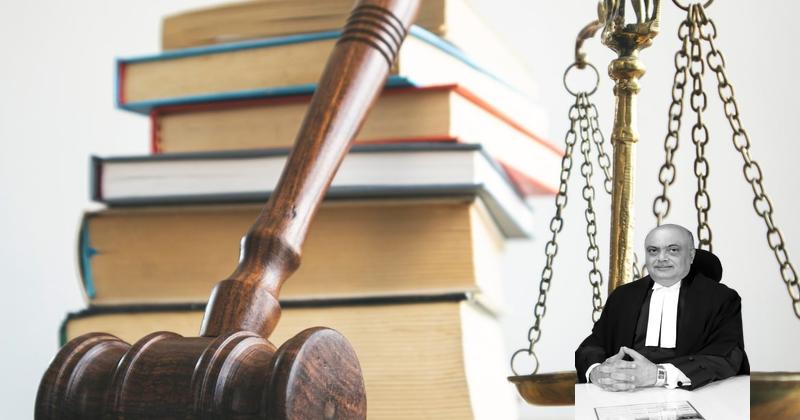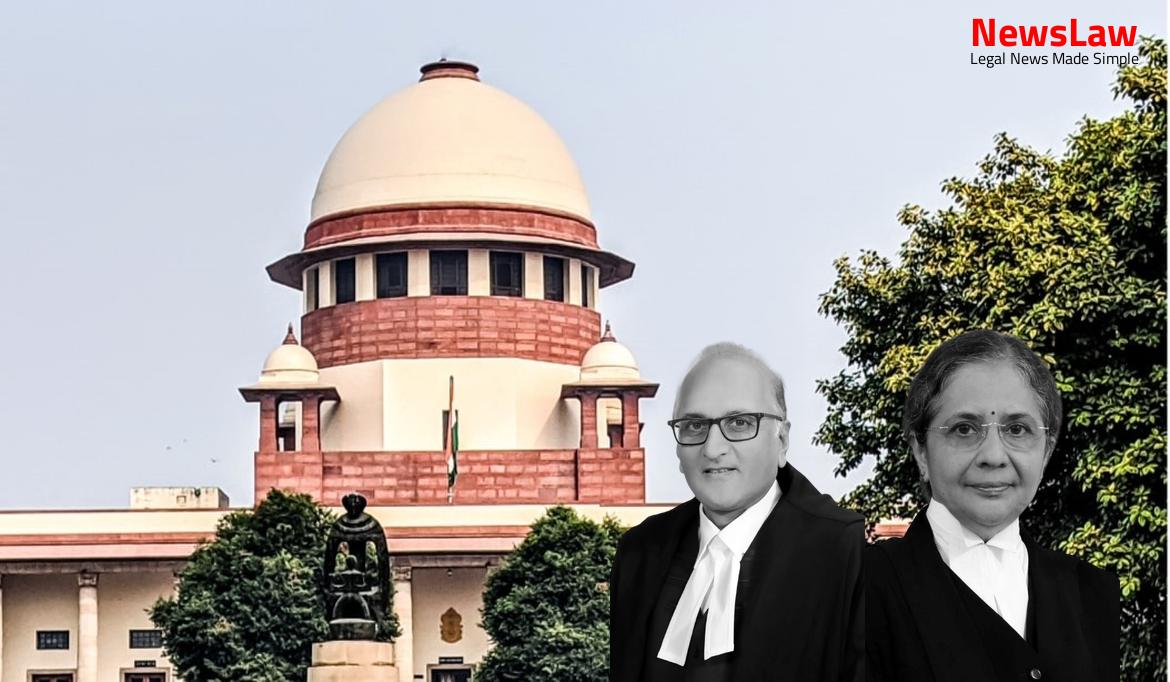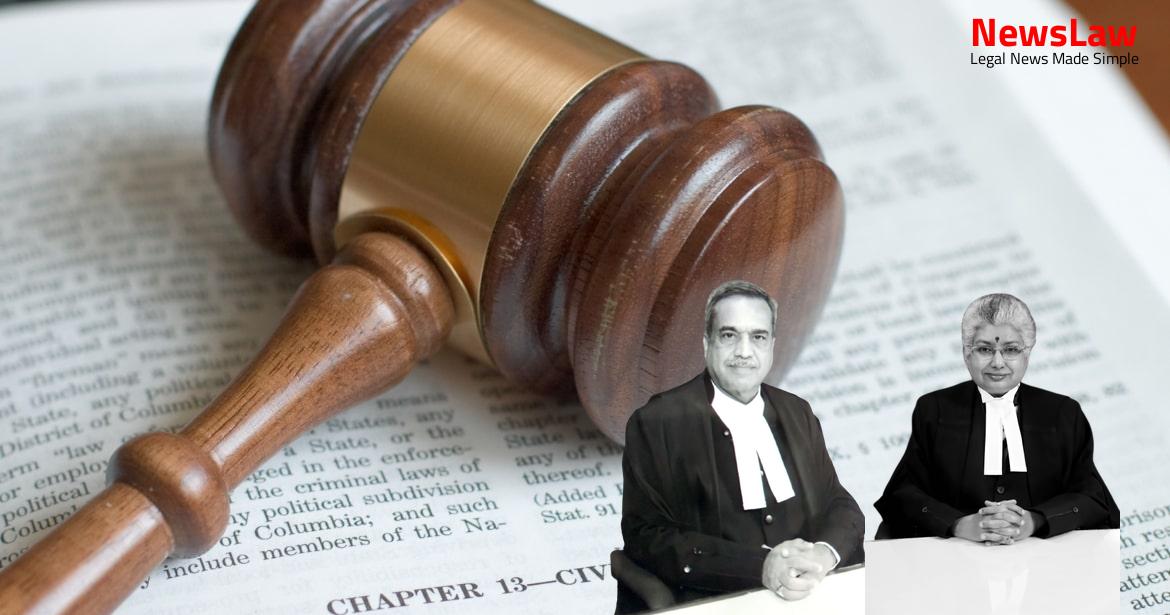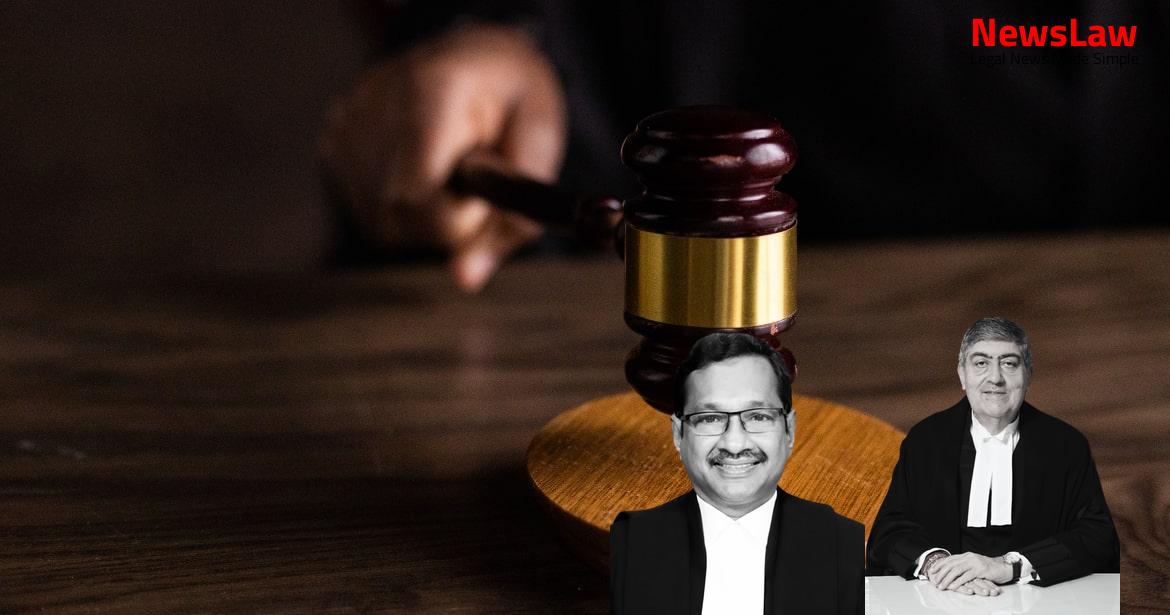The appeal stands disposed of in terms of the signed reportable judgment. Special Leave Petition (Crl) No 331/2023 Leave granted.
Also Read: https://newslaw.in/supreme-court/selection-and-appointment-of-judicial-officers-in-himachal-pradesh/
The appeal is allowed in terms of the signed reportable judgment.
(RASHMI DHYANI PANT)
(RENU BALA GAMBHIR) COURT MASTER COURT MASTER (Two separate signed reportable judgments are placed on the file) 2 Leave granted.
The Appellant, along with others, is accused in FIR Cr No.I-11202008202186 of 2020 registered with the “A” Division Police Station, Jamnagar in the State of Gujarat for punishable offences under Sections 3(1), 3(2), 3(3), 3(4) and 3(5) and 4 of the Gujarat Control of Terrorism and Organised Crime Act, 2015 (hereinafter referred to as the “GCTOC Act”) read with Sections 384, 385, 386, 387, 506(1), 506(2), 507, 201, 120B of the Indian Penal Code, 1860 (hereinafter referred to as the “IPC”).
The role of the ap- pellant is that he was involved in intimidating and threatening the victim on behalf of the accused no.1 for ensuring the victim’s compliance with the extortion demands. Learned counsel further submitted that as per the allegations made in the FIR, the Appellant had arranged a telephonic talk between the accused no.1, the com- plainant as well as one Bhagwanjibhai Kanjariya; that upon the complainant neither cancelling the deed of the plot nor paying the purported extortion amount of Rs.
Thus, it was submitted that the last case, prior to the present one, was registered against the Appel- lant on 14.11.2019, i.e., before the GCTOC Act came into force in the State of Gujarat (as the GCTOC Act came into force in the State of Gujarat w.e.f. Mr Raju submitted that the Appellant became close to ac- cused no.1 Jaysukh @
Jayesh Muljibhai Ranpara (Patel) 7 during the 2015 Municipal Election and was an accused in the Patel Reservation Movement riots. It was further submitted that the Appellant facilitated the first meeting on 01.11.2019 between the accused no.1 and PWs No 5 and 6 and others and when the extortion money was not paid, another meeting was conducted in which Rs.
When we speak of discretion, we 9 have in mind “ judicial discretion ” as explained in Gudikanti Narasimhulu v Public Prosecutor, (1978) 1 SCC 240 : “ What, then, is “judicial discretion” in this bail context? Nevertheless, the vesting of discretion is the unspoken but inescapable, silent command of our judicial 10 system, and those who exercise it will remember that discretion, when applied to a Court of Justice, means sound discretion guided by law. The fact, that out of the twelve charge-sheeted ac- cused, six co-accused have not been granted bail, five have availed the benefit of default bail and only one is on regular bail, have also persuaded this Court not to interfere. In Vilas Pandurang Pawar v State of Maharashtra, (2012) 8 SCC 795, this Court observed “… Moreover, while considering the application for bail, scope for appre- ciation of evidence and other material on record is limited. In such light, it is observed that upon the com- pletion of recording of statements of the said protec- ted witnesses, the Appellant is at liberty to renew his plea for bail,if so advised. Pending application(s), if any, stand consigned to records.
Case Title: ATULBHAI VITHALBHAI BHANDERI Vs. STATE OF GUJARAT (2023 INSC 496)
Case Number: Crl.A. No.-001390-001390 / 2023



